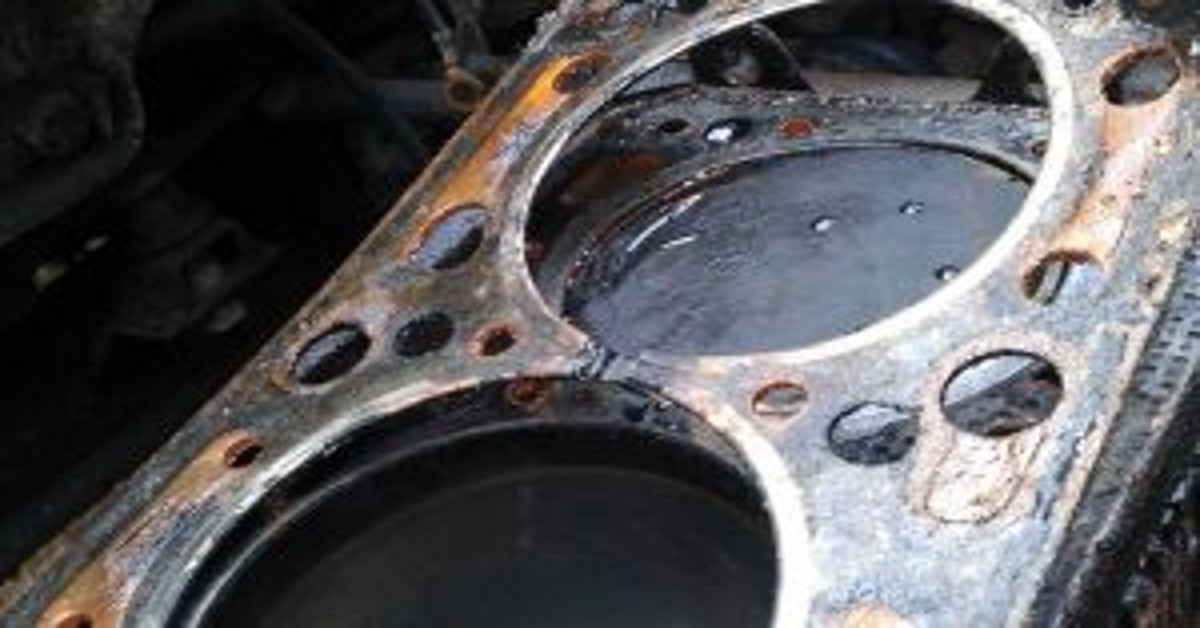Sudden jerks or hesitation while driving can be quite nerve-racking. It could easily turn into a safety hazard, especially at high speeds. In some cases, it may be simply due to a lack of maintenance such as worn spark plugs, dirty fuel injectors, or clogged air filters where a little DIY replacement or cleaning may solve the issue instantly.
Although in some cases, shuddering or shaking when accelerating or otherwise can point to more sinister problems lurking in the vehicle that need to be tended to immediately.
Table of Contents
Damaged Acceleration Cable
Mechanically linking the gas pedal and the throttle plate, the acceleration cable is a metal braided pad that enables you to actually initiate the acceleration and control the engine’s rotating power. They are tasked to open the throttle as and when the gas pedal is pushed.
Any issue with the throttle cable such as overstretching or wearing of the braided cable can result in ineffective acceleration where the response may sometimes be delayed or produce jerks while accelerating.
Worn Out Spark Plugs
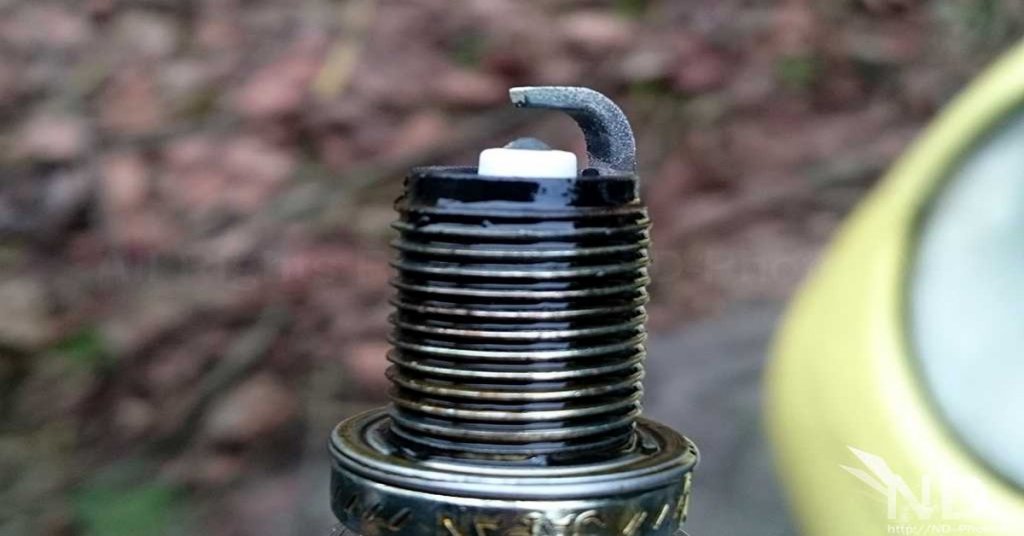
Spark plugs generally last for a long time but as is the case with most replaceable components, they can sometimes start to lose their performance before the end of their service interval. And as the spark plugs are such a crucial ignition component, responsible for igniting the air/fuel mixture, it is common to feel sudden jerks when they miss the mark. A spark plug’s effectiveness also transfers to the first acceleration you get from the ignition which could help you determine whether or not you have bad spark plugs.
The spark plugs made up of high nickel alloys contain electrodes that enhance the acceleration by providing a powerful yet, seamless ignition. But when the electrodes wear out significantly, they could begin to affect the ignition process at each step where you may also experience, rough starting and poor idle, and sometimes shakes when accelerating from a stop.
Arcing Ignition Coil
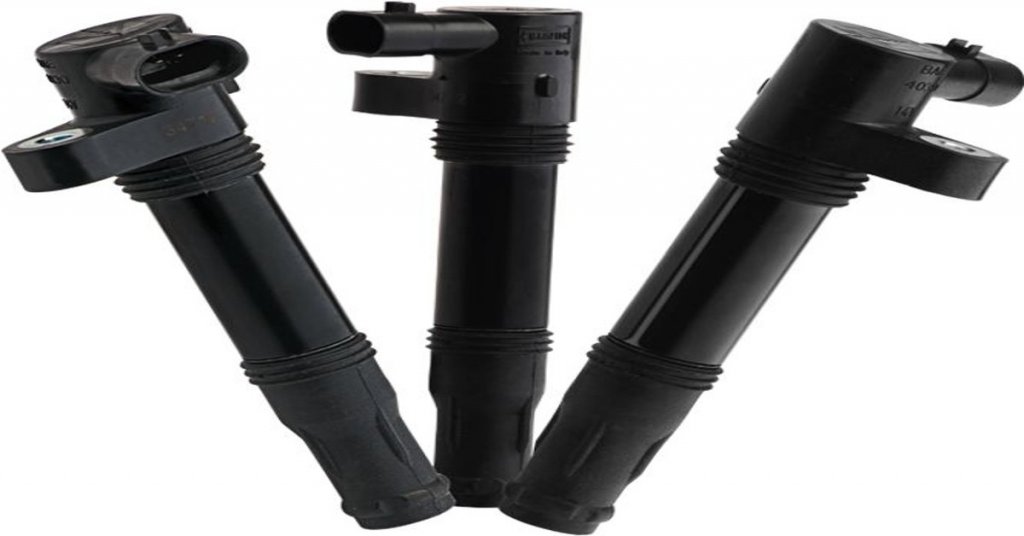
Ignition coils are the heart of your vehicle’s ignition. They help deliver the spark plugs with enough charge to ignite the fuel mixture. So if they start to go bad, it is likely that the ignition system will underperform. But typically, it is quite uncommon for ignition coils to go out together, they usually have a long service span and go bad separately without any sort of cascade effect.
But the concerning matter with ignition coils that may produce jerks when accelerating is their housing and proximity to each other. Ignition coils usually come in plastic housings that are highly susceptible to damage and quite often develop cracks. These chips and cranks cause the coils to arc with the neighboring housings and short them out. Not only does it reduce the overall spark capacity but also leads to improper ignition because of the current that is trying to find the shortest route.
Clogged Fuel Injectors
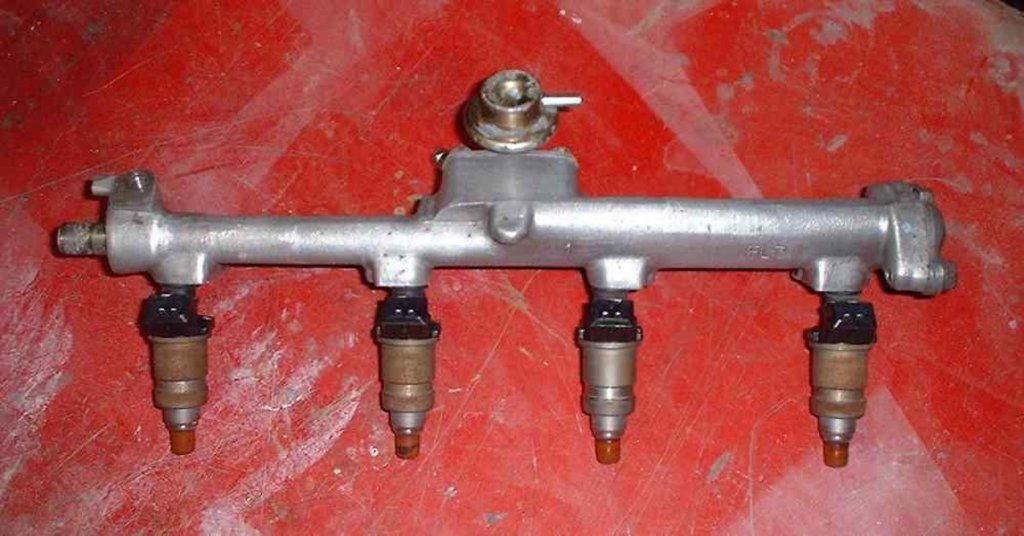
The fuel injectors serve a crucial role in the functioning of a vehicle, they are responsible for the proper introduction of fuel in the engine with accurate timing and quantity. For quick and smooth acceleration, your vehicle depends on the fuel injectors to distribute fuel with optimal air/fuel mixture for the engine to be able to deliver the needed power.
However, the fuel itself has to go through really small passages making this mechanism highly susceptible to clogging from dirt and dust. Clogged injector’s nozzles make the delivery of fuel difficult resulting in shakes at low speeds.
Bad Transmission
Being the part that connects the wheels to the engine, the transmission system is perhaps one of the most prominent reasons why you would face jerks when accelerating uphill. The transmission system functions to adjust the wheel’s drivability in relation to the speed and torque of the engine. So, If while accelerating you also feel jerkiness in shifting gears, a bad transmission could possibly be the cause.
Clogged Catalytic Converter
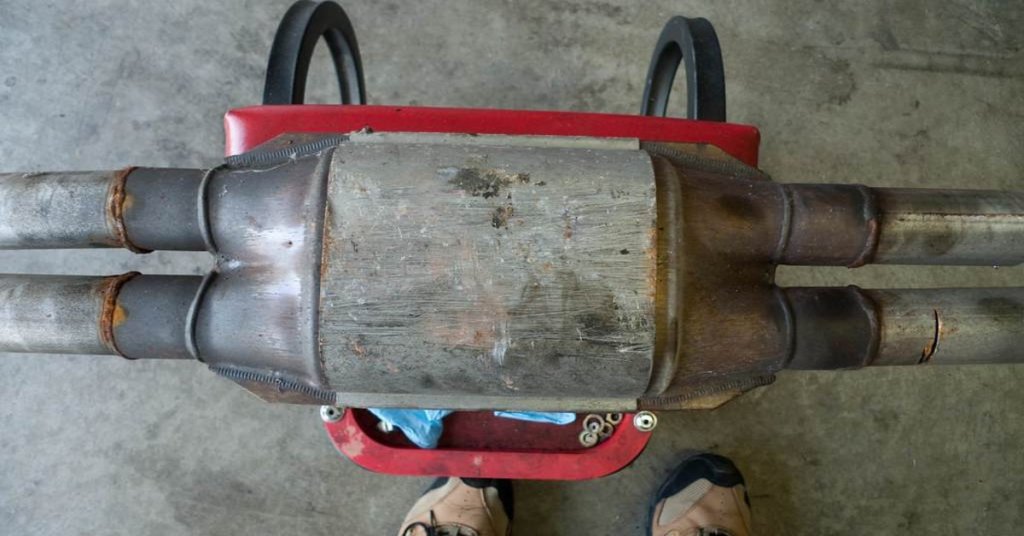
This is one of the few cases where your car may jerk when accelerating without a check engine light illuminating the dashboard. Sitting under the exhaust system the catalytic converters work to minimize unburned hydrocarbons and carbon monoxide by the process of oxidization.
Though It is possible that the check engine light will detect a dirty catalytic converter, it may only occur when the catalyzer has gone faulty. If you notice your car to hesitate when accelerating despite having no check engine light, probing the exhaust for smells of sulfur or rotten eggs may help you figure out the problem and also prevent that nasty smell from reaching your cabin.
Worn Out Or Dirty MAF Sensor
The Mass Air Flow sensor is an adjunct to the electronic fuel injection system which calculates the total air entering the combustion chamber. When the airflow sensor is not operating efficiently it can alter the fuel ratio by not letting a sufficient amount of air to enter and mix with the fuel causing a number of driveability issues including shakes when accelerating at high speeds.
Fuel Line Leak
A vehicle’s fuel system is an intricate framework of responsibilities that work towards the efficient and optimum distribution of fuel. In this complex structure, the fuel lines are tasked with a rather simple but crucial role, funneling fuel from the gas tank. The fuel hose ensures the safe channeling of fuel as it is poured from the tank to reach the engine.
However, over time, these hoses can develop leaks which can reduce the amount of fuel being used in conjunction with the calculated air for the fuel mixture. This can produce an effect quite to similar to that of malfunctioning fuel injectors where you might not feel the same jerks but will experience vibrations and shakes from the vehicle when accelerating
Low Transmission Fluid
Just like the engine oil that lubricates and cools the moving components in an engine, transmission fluid is required to assist in the smooth function of the vehicle’s transmission. It helps the components move freely and smoothly in the system with minimum friction. So it only makes sense to keep it in check.
But if somehow the transmission oil gets low and there isn’t enough fluid going around it could potentially cause trouble in moving the vehicle. A more likely scenario for shuddering acceleration would be a leak in the system. There can be few ways transmission oils could leak in which it may the system to run critically low and cause judder when accelerating.
Dirty Air Filters
As the fuel ratio is determined in the ECU, the air required to be used in that mixture has to be prepared using an air filter. Anything entering the fuel chamber cannot contain any particles and contaminants that can disrupt the combustion process and to ensures this, the air filter is designed to refine the air entering the engine of any dust, debris, or particulate so the end mixture is clean and contaminant free. However, an air filter needs to be replaced with a new one periodically as it is bound to accumulate the particles over time.
If you delay your car service long or have off-roaded lately, it will cause the air filter to build up obstructing matter prevent proper air intake and resulting in an ineffective combustion process. It is one of the lesser-known causes of jerks as a significant influence of the combustion process needs air filter But it is a good practice to have them replaced on the recommended miles as the dirty air filter can indeed cause jerks during acceleration.
Misaligned Wheels
Issues with wheel alignment though not always but can indeed produce jitters when accelerating at low speeds. If everything in your vehicle checks out fine then taking a look at the alignment can help with the problem. As the wheels lose balance and alignment over time, noticing a progressive increase in the shudders can provide you with categorical answers.
can also be responsible for the shudders that you might feel when driving. A suspension that is knocked out of balance is known to cause vibrations in the wheels and rickety maneuvering of the vehicle.
Read Also: How To Check Wheel Alignment At Home



